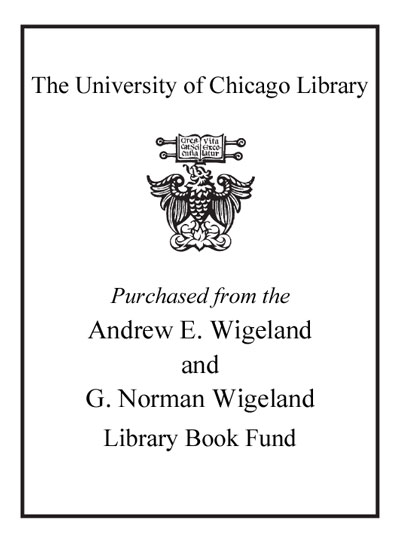| Summary: | "Ludvig Holberg (1684-1754) was the foremost representative of the Danish-Norwegian Enlightenment and also a European figure of note. He was an Enlightenment thinker in the conventional sense, with significant works in natural law and history, but also a very important body of moral essays and epistles. He authored several engaging autobiographies and European travelogues; and - not least - a major utopian novel that was a European bestseller, a couple of interesting satires, and a large number of plays, mainly comedies. These comedies have secured Holberg's status as the most significant playwright in Scandinavia before Ibsen and Strindberg; his plays remain hugely popular and have hardly been off the stage since he died. Through his extensive oeuvre, but especially through his plays, Holberg had a decisive influence on the formation of modern Danish as a literary language, something that was a self-conscious effort on the part of a man who saw himself as an educator of the public. Despite all these accomplishments Holberg is most often remembered outside of the Nordic countries for Edvard Grieg's Holberg Suite and in the title of one of the most prestigious prizes in the humanities. It is the aim of the contributors to this volume to revive Holberg as a very major figure from a very minor corner of the Enlightenment world, presenting the latest scholarship from Scandinavia on the main areas of Holberg's work with serious emphasis on the wider European Enlightenment context and perspectives. It will appeal to all those researching intellectual history, history of philosophy, literary history/studies, theatre studies, church historiography, Scandinavian studies and Enlightenment Europe."--
|
|---|

